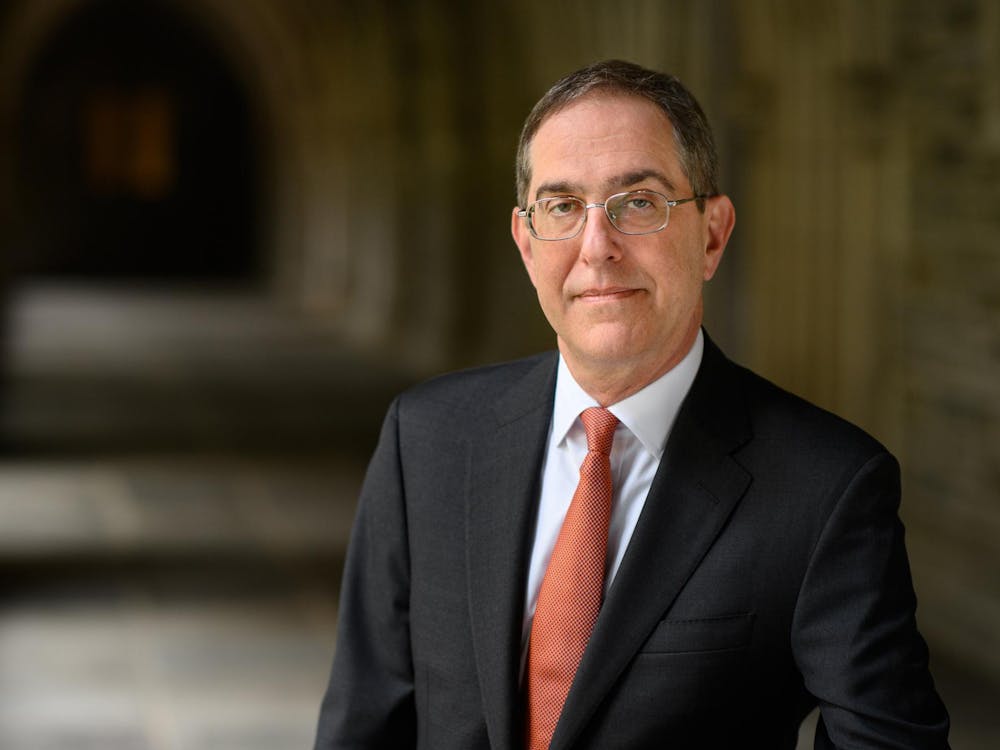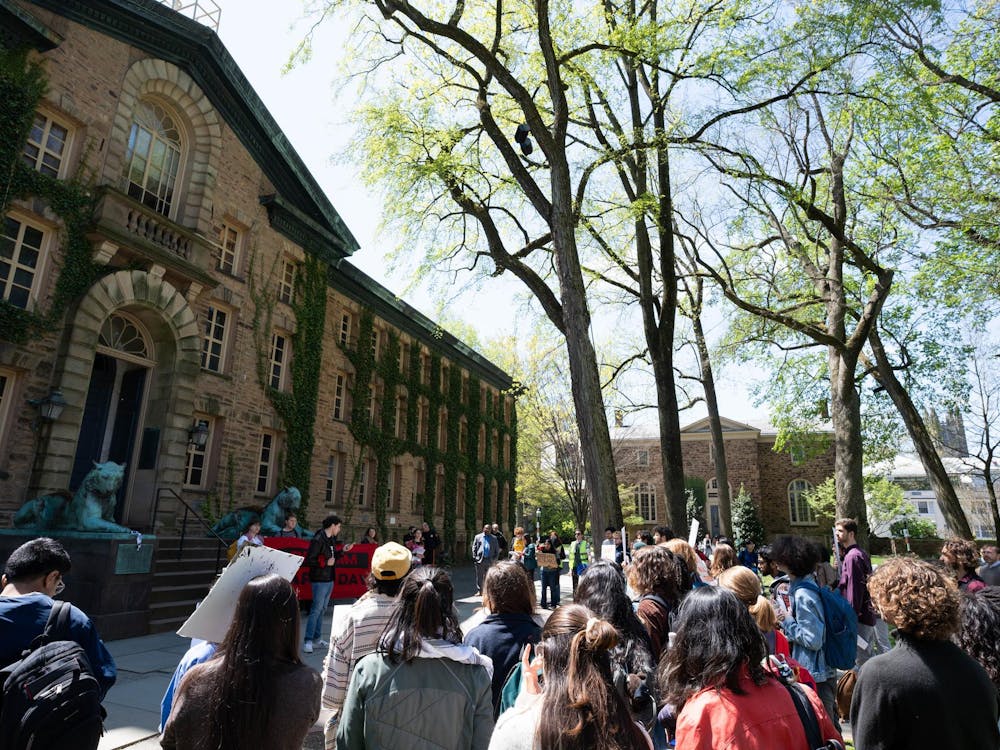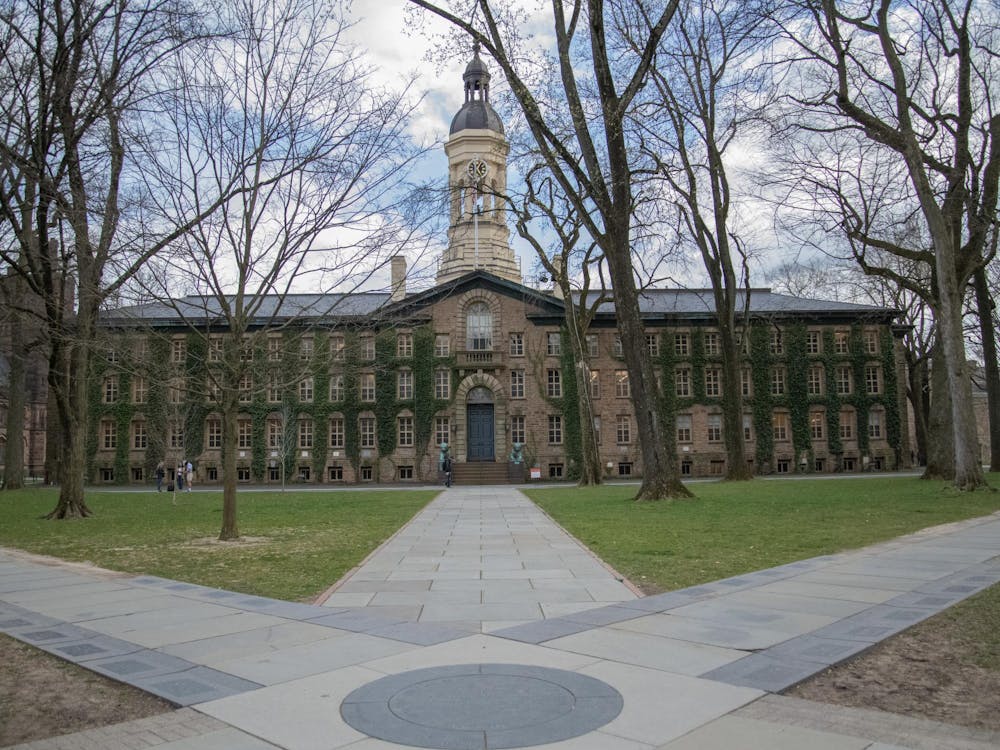By Mike Kosk
As a high school senior I boasted to my alumni interviewer, a lifelong electrical engineer and biomedical researcher, about my passion for building and modifying things in my spare time. Whether that meant working with cars, bicycles or carpentry, I loved it all. Rather than being matched with enthusiasm however, I remember seeing a grimace overwhelm his face. “If that’s your passion, maybe Princeton isn’t the right place for you. Have you applied to MIT?” Engineering at Princeton, as I would later find out as an eager BSE student, did not mean getting to the nitty-gritty of building, welding and construction. It was, to my dismay, overly focused on academic and theoretical applications of engineering and applied sciences. The realization that, as a mechanical and aerospace engineering student, I would not get a chance to build a substantial project as part of my curriculum until the spring of my junior year destroyed any ounce of enthusiasm for the career path I had dreamed of.
Reflecting on the current state of the engineering curriculum, I came to see this lack of practical engineering experience as part of a greater and more widespread trend on the Princeton campus. In light of the controversy regarding Princeton student’s tendency to flock towards finance and banking jobs, I want to pose this question: Have we stopped to consider that this trend could be more than just a product of the campus culture, but instead a product of the academic curriculum itself?
By failing to expose its engineers to the applied aspects of engineering from an early point in their college education, I believe that Princeton predisposes —and in some ways pushes —its engineers into non-technical careers, such as finance and banking. Of the 54 MAE graduates in the Class of 2013, 14 went into non-technical industry jobs — that’s 26 percent. Following the “theory first”approach, engineers here first hone their quantitative and reasoning skills for two years before they have their first chance at hands-on engineering work.
I am not arguing that this doesn’t constitute a logical approach to the study of engineering. In fact, as my alumni interviewer would later qualify, Princeton engineers possess unrivaled adaptability to the changing technologies of industry — very likely due to their theoretical expertise. The problem I see with this core sciences curriculum is that it fails to expose students early on to an interesting and engaging aspect of their field. Without being exposed to the technical work that the engineering field consists of from an early point, how can we blame these individuals for finding their home on Wall Street? Without any experience directly working with mechanics or instrument design, it should be no surprise that many of our quantitatively strong engineers end up applying to finance and banking internships, where their particular set of skills is highly valued.
Choosing to offer a curriculum that includes the practice of engineering does not impede on the strength of Princeton’s theoretical model of learning. Most other incredibly strong engineering schools, such as MIT, Stanford or the University of Illinois all emphasize a dual approach to the study. During their freshman year, MAE students at Northwestern complete a comprehensive design project that incorporates their theoretical knowledge with a practical application of skills that includes welding, machining and computer drafting.
In addition to allowing visual, hands-on learners to see their studies reflected in practice, this opens up a new world of career possibilities and inspiration and more importantly keeps students interested by showing them how fun and engaging engineering can really be. If I can count myself in the statistics here, perhaps a diversified engineering curriculum could help retain the masses of BSE students who convert by year’s end. The Class of 2018 has had 25.3 percent of its students indicate they will enter the BSE program. By their sophomore year, that number will probably drop by a third. While most students are quick to dismiss AB conversions as an inability to maintain the BSE workload, little consideration is given to a lack of passion.
As a Keller Center Fellow for innovation and design, I have heard endless complaints from my co-fellows about the lack of job opportunities in applied engineering offered through TigerTracks. During our discussions, the consensus was that this was symptomatic of the Wall Street culture on campus. Not once was it considered that this reflex was itself a product of the engineering curriculum. I believe including a practical engineering curriculum freshman year would be a great start to both expanding post-graduation options for engineers and reducing the ever-increasing BSE dropout rate by providing meaningful work that reflects their studies in practice. If they had done this earlier, perhaps I would be spending a lot more time on that side of campus now.
Mike Kosk is a philosophy major from Arlington Heights, Ill. He can bereached at mkosk@princeton.edu.









